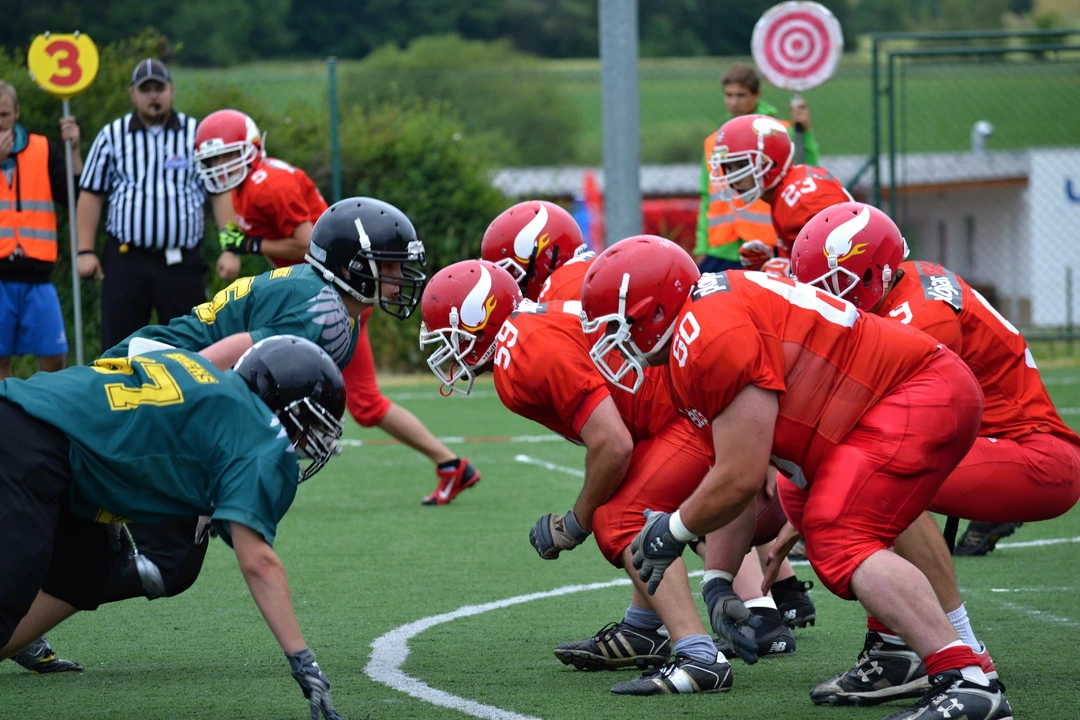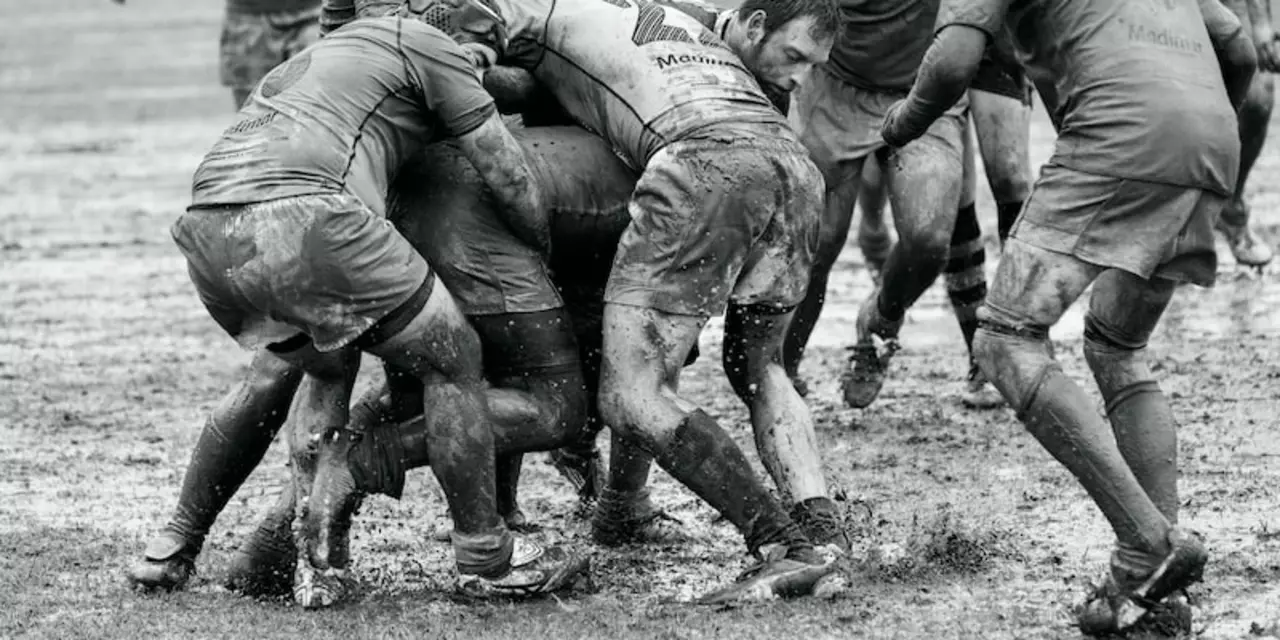Tom Curry’s tackle injured Argentina’s Juan Cruz Mallia, sparking a 'bully' claim from coach Felipe Contepomi — but former England star Joe Marler slammed the accusation as baseless, calling it a heat-of-the-moment reaction to defeat.
Tag: rugby
 29
Nov
29
Nov
 11
Jul
11
Jul
Deciding whether or not to stop playing rugby is a deeply personal choice, often influenced by factors like physical health, time commitments, and personal enjoyment. While rugby can be physically demanding and risky, it also offers numerous benefits such as teamwork, discipline, and fitness. If injuries are a concern, it might be wise to consult a healthcare professional. Balancing the game's pros and cons, and considering other life obligations is essential. Ultimately, the decision should align with my personal goals and well-being.
 12
May
12
May
As a sports enthusiast, I've often wondered why rugby hasn't gained much popularity in the USA. One reason could be the dominance of American football, which shares many similarities with rugby but is deeply ingrained in American culture. Additionally, rugby struggles for media coverage and sponsorship, making it difficult for the sport to gain traction. Furthermore, the lack of a strong professional league contributes to the limited exposure and growth of rugby in the States. Lastly, Americans may simply not be as familiar with the sport, and thus not as drawn to it as they are to other, more popular sports.
 7
May
7
May
As a beginner in rugby, I've realized it's important to start training my body specifically for the sport. The first step is focusing on building strength through exercises like squats, deadlifts, and bench presses. Next, I'll need to work on my speed and agility with sprints and ladder drills. To improve my endurance, incorporating cardio sessions like running or swimming is essential. Finally, flexibility and balance training will help reduce the risk of injury and enhance my overall performance on the field.
 31
Mar
31
Mar
Rugby can be a great and exciting sport for kids to play. It encourages physical activity, teamwork, and discipline. However, it is important to consider the potential safety risks before signing up your children. While rugby can be a safe and positive experience, there are certain precautions parents should take to minimize the risk of injury. This includes making sure they have proper training and equipment, finding a reputable coach, and teaching kids the proper techniques. With the right approach, rugby can be a fun, rewarding, and safe experience for your young children.
 29
Mar
29
Mar
Rugby is a physical sport, but is it dangerous? The answer is a resounding yes - some players have died playing the game. Rugby is a contact sport, and the physicality of the game can put players at risk for serious injury. Most fatalities have been caused by head and neck injuries, as well as cardiac arrest. While these cases are rare, they are a reminder of the danger of rugby. Safety measures have been implemented to mitigate the risk of injury, but it is important to remember that there is always a risk when playing the game.
 28
Mar
28
Mar
Rugby is full of intimidating players, but one stands above the rest: New Zealand's All Blacks Captain, Richie McCaw. He's been named the world's most formidable player by World Rugby, and is one of the greatest All Blacks of all time. He's known for his intense physicality and mental toughness on the pitch, as well as his intense pre-game rituals, which help him stay focused and ready for battle. He's also a powerful leader, inspiring his teammates to reach their fullest potential and constantly pushing them to be their best. McCaw is the ultimate rugby warrior, and his legacy as the most intimidating player of all time is sure to last for years to come.
 28
Mar
28
Mar
Rugby and football (soccer) are two sports that have a shared history. While both are undeniably different, many experts agree that rugby evolved from football. The two sports have similar rules, and their origins can be traced back to the 18th century in England. It is believed that rugby was initially a form of football with no rules and was played by local villagers. As time passed, the game became more organized and rules were gradually added, resulting in the modern-day game of rugby. Football, on the other hand, has been around since the mid-1800s and has evolved over time to become the sport we know today. While both sports are now distinct, there is no denying their shared roots.
 17
Mar
17
Mar
After the ball carrier is tackled in rugby, the tackled player must release the ball and the other players must stay on their feet until the ball is out of the tackle area. The tackled player must immediately roll away from the ball and the other players must not enter the tackle area until the ball is out. The tackle area is a 9.15 metre area around the ball. The player with the ball has the option of either attempting to pass the ball to a teammate or attempting to kick it away. If the ball is kicked away, the player who kicked it must retreat 10 metres before they can rejoin the game. If the player passes the ball to a teammate, the ball must travel at least 5 metres before the passer can join the game. Finally, any players who have been tackled must stand up and move away from the tackle area before the game can continue.
 20
Feb
20
Feb
Rugby players running to the middle of the end zone is a traditional celebration in the sport. This practice is done to show respect for the game, the team, and the fans. It is a way to show that the players are thankful for the opportunity to play and celebrate the victory with their teammates. The act of running to the middle of the end zone also serves as a reminder to stay humble and to give back to the game. Finally, it is a way for the players to show their unity and demonstrate their commitment to the team.